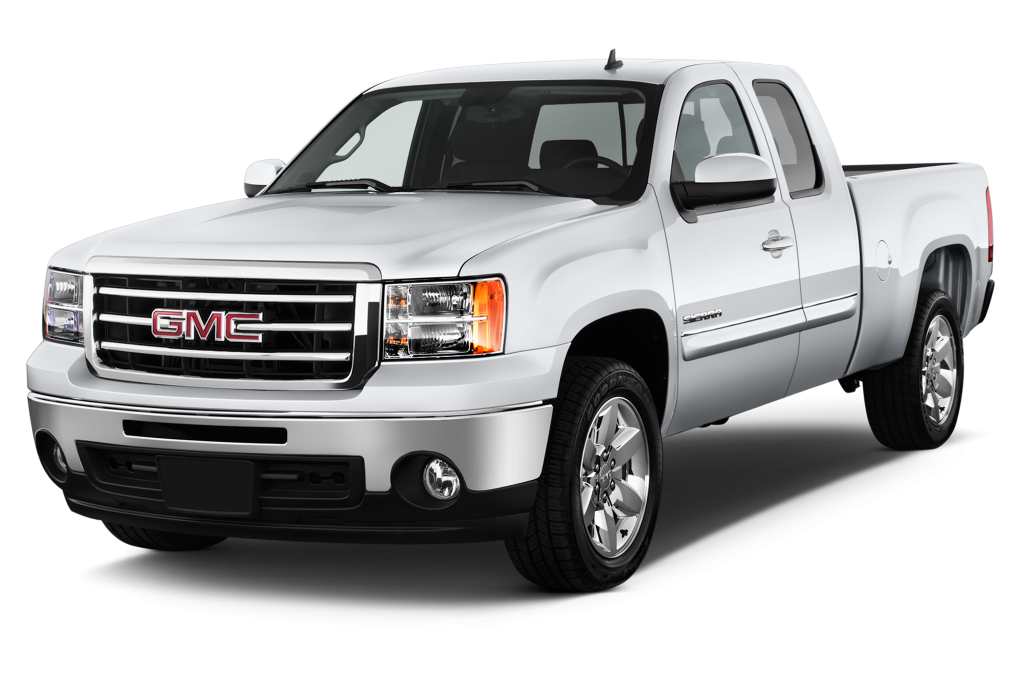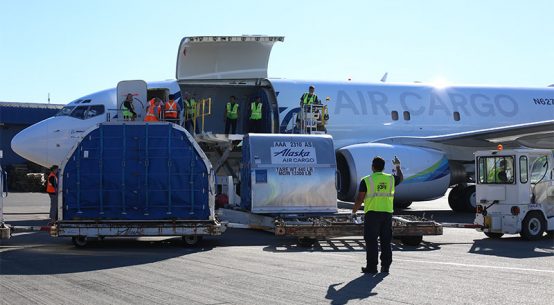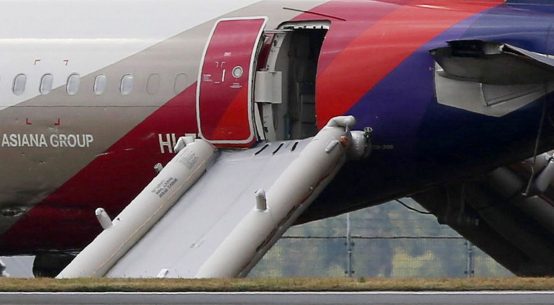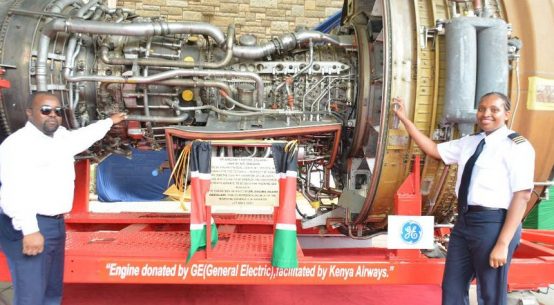
General Motors Co warned on Friday that expansive U.S. tariffs on imported vehicles being considered by the Trump administration could lead to “a smaller GM” with fewer jobs while isolating U.S. businesses from the global market.
The Trump administration in May launched an investigation into whether imported vehicles posed a national security threat, and U.S. President Donald Trump has repeatedly threatened to quickly impose a 20 percent import tariff on vehicles.
The largest U.S. automaker said in comments filed with the U.S. Commerce Department that overly broad tariffs could “lead to a smaller GM, a reduced presence at home and abroad for this iconic American company, and risk less — not more — U.S. jobs.”
GM, which makes some vehicles for the U.S. market in Mexico and Canada, said the tariffs could hike vehicle prices and reduce sales.

Even if automakers opted not to pass on higher costs “this could still lead to less investment, fewer jobs, and lower wages for our employees. The carry-on effect of less investment and a smaller workforce could delay breakthrough technologies,” GM said.
GM operates 47 U.S. manufacturing facilities and employs about 110,000 people in the United States. It buys tens of billions of dollars worth of parts from U.S. suppliers every year and has invested over $22 billion in U.S. manufacturing operations since 2009.
“The overbroad and steep application of import tariffs on our trading partners risks isolating U.S. businesses like GM from the global market that helps to preserve and grow our strength here at home,” GM said.
Some aides have said that Trump is pursuing the national security probe to put pressure on Canada and Mexico to agree to concessions in talks to renegotiate the North American Free Trade Agreement.
GM shares closed down about 2.8 percent on Friday at $39.40.

Toyota Motor Corp filed separate comments opposing the tariffs on Friday saying they would “threaten U.S. manufacturing, jobs, exports, and economic prosperity.”
The company noted that Trump has repeatedly praised the Japanese automaker for investing in the United States, including a new $1.3 billion joint venture assembly plant in Alabama with Mazda.

“These investments reflect our confidence in the U.S. economy and in the power of the administration’s tax cuts,” Toyota said.
Toyota noted that international automakers assembling vehicles in the United States are based in countries including Japan, German and South Korea “that are America’s closest allies.”
The company added it “is difficult to foresee a situation in which any of them would engage in an armed conflict with the U.S. or cut off supplies of defense materials, and if they did, the United States would have an easy recourse of simply seizing their U.S. plants.”
On Thursday, Toyota North America chief Jim Lentz was in Washington holding meetings with lawmakers on trade issues.








